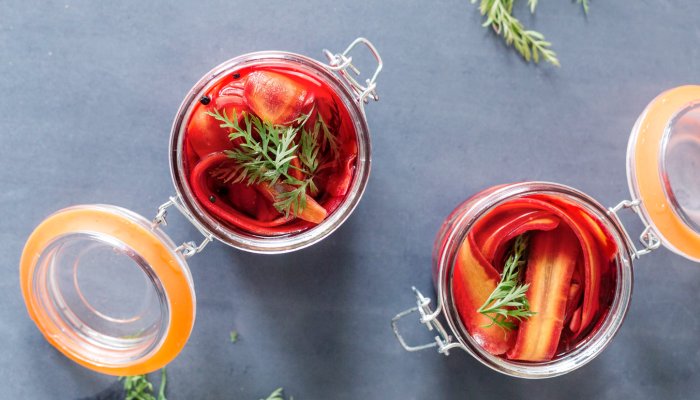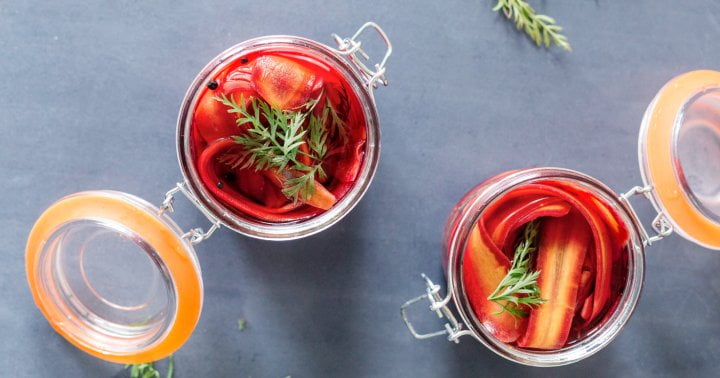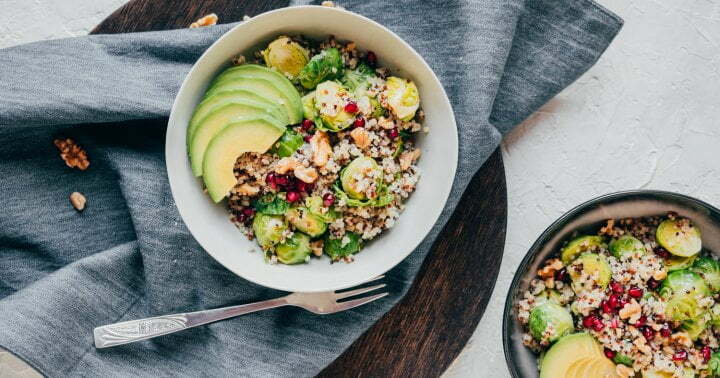This One Health-Supporting Food Is Likely Lacking In Your Diet—Here’s What To Do

The biggest rule of thumb when picking out a probiotic supplement is to opt for one that contains at least one billion CFUs, Tolliver says. But ultimately the science on each strain should dictate how many billion CFUs are in the product. To that end, you want to choose products that contain the most well-researched strains, like Lactobacillus, Bifidobacterium, or Saccharomyces boulardii, says Liping Zhao, Ph.D., chair of applied microbiology at Rutgers University. “There need to be clinical trials to show that they have beneficial effects,”* he says. Otherwise, he points out, you’re basically left guessing whether your probiotic is working for you.
Keep in mind that can be hard to consistently get enough probiotics in your day from diet alone. “In order to reap the full benefits, I tend to recommend supplementation,”* Cording says. “There are so many different types of these bacteria, and certain foods will have some kinds but may not have much of others.”
Cording stresses that she’s “very much a food-first practitioner,” but notes that, “sometimes we need to incorporate supplements to get the full benefits. Probiotics are one of those cases.”* A concentrated supplemental probiotic format particularly relevant for targeted probiotics with clinical evidence for key health areas, like elevating your gut microbiome, for example.*
If you’re interested in adding more probiotics to your diet, consider adding in probiotic foods and see how you feel. Just know that probiotic supplementation may be the best way to reap all of the benefits.*
This article was originally published by mindbodygreen.com. Read the original article here.




